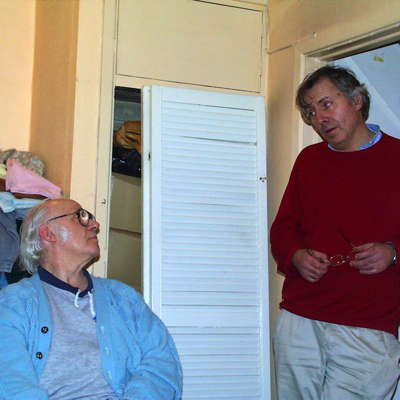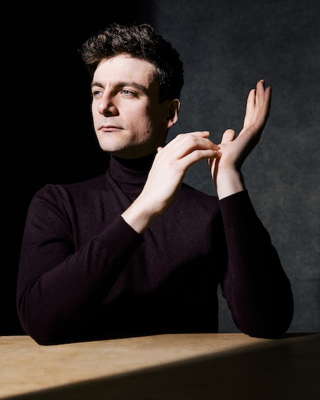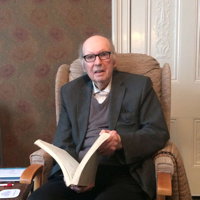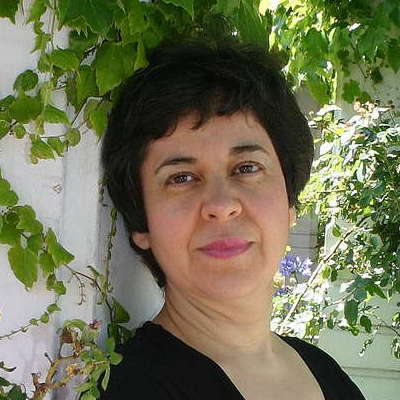 25 YEARS: Classical Music Daily celebrates twenty-five years of daily publication with an hour-long video featuring some of our regular contributors.
25 YEARS: Classical Music Daily celebrates twenty-five years of daily publication with an hour-long video featuring some of our regular contributors.
Disarmingly Elegant
MIKE WHEELER is impressed by Grieg and Chopin from British pianist Alexander Ullman
Standing in for an indisposed Tom Borrow, pianist Alexander Ullman made a big impression in his Sunday morning recital at Nottingham's Royal Concert Hall - Nottingham, UK, 21 January 2024. His only change to the programme was to replace the advertised selected Rachmaninov Preludes with Book 10 of Grieg's Lyric Pieces. His playing missed none of Grieg's engaging freshness, making a wistful dance of 'Once Upon a Time', and finding the rustic sturdiness amid the shimmering figures of 'Summer Evening'. He caught the elusive, gentle mischief in 'Small Troll', evoked a real sense of calm in 'Woodland Peace', and delivered 'Halling' with plenty of leaping energy. The introspection he brought to 'Gone' had the audience spellbound, while the skittish echoes of 'Once Upon a Time' in the concluding 'Remembrances' had a touch of flamboyance that slightly missed the wistfulness of the opening, but from there he took it somewhere darker, before allowing it to gently waltz off.

Alexander Ullman. Photo © 2021 Matt Russell
Is there a temptation to get too comfortable with Chopin? He's such a familiar figure it's easy to lose sight of his originality. His second set of Études, Op 25, amounts to a portfolio of the ways he pushed at the boundaries - technically, yes, but also expressively.
With his dexterity, widely varied touch and beautifully clear tone, Ullman had the measure of them all, from the rippling figures of No 1 (which put Robert Schumann in mind of an aeolian harp), to the pin-point energy of No 4, and his thoughtful way with the inner spaces of No 7. No 2's contrasting metrical patterns appeared to mesh effortlessly, and his frisky account of No 3 ended with a disarmingly elegant ascending right-hand trickle.
After a sprightly account of No 5, in which he surrounded the mid-keyboard tune with sheer sparkle, he set the virtuosic thirds of No 6 buzzing. No 8 is clearly, for him, the set's expressive heart. Then he raced off into No 9, while at the same time ensuring the rhythms were kept tightly focused. He unleashed all the turbulence you would expect in No 10, following the lyrical central episode by authoritatively realising Chopin's intention of easing back into the return of the opening, to demonstrate the link between the two. In his powerfully driven account of No 11, the so-called 'Winter Wind' study, he resisted the temptation to go flat out, and the tension was all the more effective for his control, spilling over into No 12's seething arpeggios.
It wasn't so much that Ullman cleared all the technical hurdles, more that, for him, apparently, they just don't exist. Expressively, too, it was all Chopin could conceivably have asked for.
Copyright © 30 January 2024
Mike Wheeler,
Derby UK





